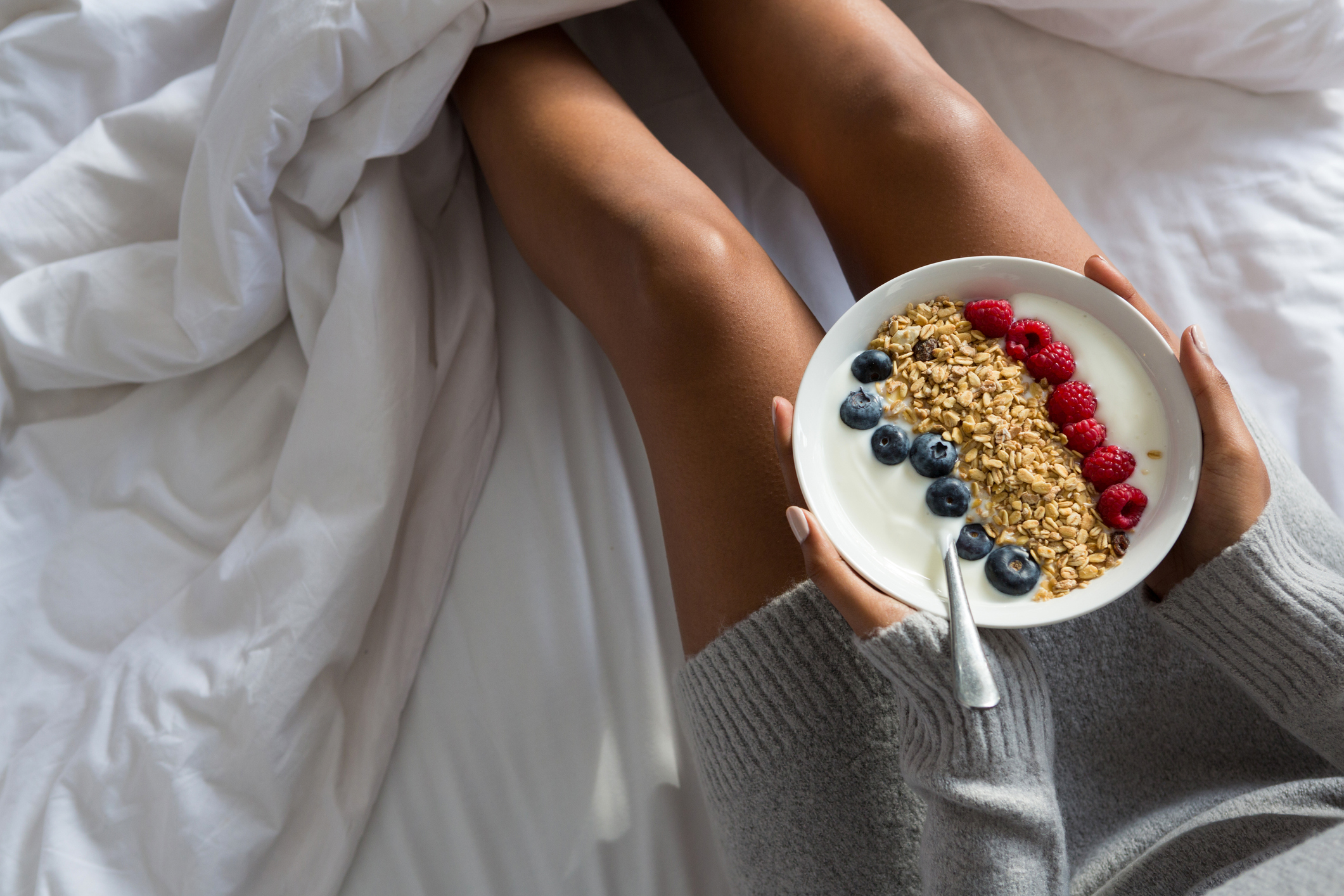Sleep and Weight Loss

You’re eating healthy and staying active, but you’re not able to reach your weight loss goals. What’s going on? Is it possible it could have something to do with your sleep? What is your SleepScore?
If you’ve been counting calories and hitting the gym but staying up all night to finish those Netflix marathons, you could be impeding your own progress. To get your body to its prime operating level, you need to balance exercise, food, and sleep — together they create the foundation for long-term health and well-being.
What’s the relationship between sleep and weight loss?
Numerous research studies have shown links between lack of sleep and increased snacking and weight gain. When sleep deprived, you’re more likely to consume more and more likely to find unhealthy foods (think pepperoni pizza and doughnuts) appealing.
It’s even been shown that people who have better sleep before starting a weight loss program are the ones who have the most success in losing weight!
What happens when we don’t get enough sleep?
There are several reasons why. When we don’t get enough sleep…
- We eat more, especially more carbs!
- We feel less energetic and burn fewer calories.
- Our bodies store that unused energy as fat.
What foods keep us awake?
Eating heavy meals close to bedtime interferes with the body’s process of winding down for sleep. As the body works to digest the food, your sleep can be disrupted. For these reasons, if you feel you must have a snack close to bedtime, remember to keep it small. Another tip is to avoid eating anything spicy close to bedtime. Ingredients such as hot sauce and hot peppers can make you feel uncomfortably warm and interfere with your sleep. Very spicy food can trigger gastric disturbances too. So, when it comes to diet and getting a good night’s sleep, don’t go wild, keep it mild!
Water is calorie free and has so many health benefits. Drinking water throughout the day can help you maintain energy levels and avoid dehydration, setting you up for a good night’s sleep later. However, be sure to drink only small amounts when it’s getting close to bedtime. You don’t want nighttime bathroom trips to prevent you from getting enough sleep.
Coffee drinks and alcoholic drinks can be calorie bombs, and they can also wreak havoc on your sleep. When choosing your beverages throughout the day, keep an eye on your caffeine consumption. A good rule for good sleep is to switch over to decaf, herbal tea, or other drinks without caffeine starting around 2:00 every afternoon. Along the same lines, be careful with alcohol. It’s best to have your last drink about 3 hours before it’s time for sleep. Alcohol can make you fall asleep faster, but alcohol disrupts sleep later in the night, leading to more frequent awakenings and less deep sleep.
When creating a plan for a healthier lifestyle, don’t just think about your waking health. Make your sleep and immune system health a priority too. Choosing food and drinks that are good for your waistline, finding answers to the questions „what foods impact my sleep?“ and „do allergies affect sleep?“ staying active during the day, and getting plenty of shut-eye at night will yield amazing rewards in no time at all.